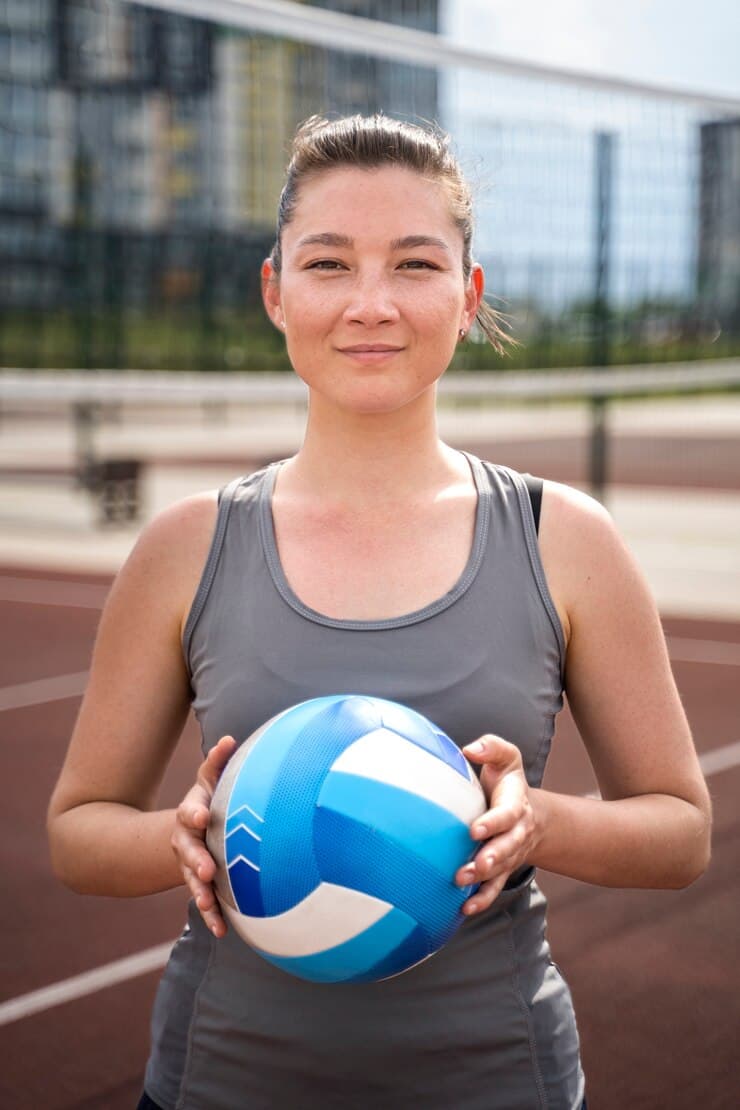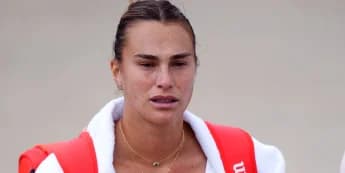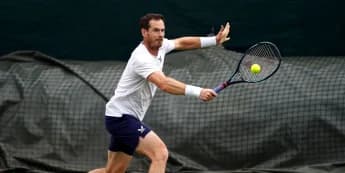As the WTA Finals approach, Coco Gauff reflects on the intersection of sport, ethics, and societal progress in a controversial host nation.
As the WTA Finals prepare to unfold in Riyadh, Saudi Arabia, the air is thick with discussions about the implications of hosting major sporting events in regions often criticized for their human rights records. Among the athletes in the spotlight is Coco Gauff, the 2023 US Open champion, who has articulated her reflections on these pressing issues with remarkable insight.
In recent years, Saudi Arabia has strategically expanded its presence in the sports arena, drawing global attention with lucrative investments across football, boxing, and now tennis. The upcoming WTA Finals, the crowning event of the women’s tennis calendar, has garnered substantial scrutiny, particularly in light of the Kingdom’s controversial reputation regarding human rights.
While the tennis world embraces the growth and exposure provided by such events, the complexities cannot be ignored. The likes of Aryna Sabalenka, currently ranked No. 1 in the world, have expressed their willingness to compete in Saudi Arabia, emphasizing the importance of accessibility to the sport. Sabalenka's promotion of Saudi Arabia's bid for the 2034 World Cup illustrates the delicate balancing act many players face: leveraging their platforms while navigating the ethical waters of international sporting politics.
Conversely, Gauff’s perspective is marked by a more cautious approach. “I would be lying to you if I said I had no reservations,” she remarked candidly when questioned about her feelings toward competing in a nation with such a fraught backdrop. Her commitment to advocating for change is evident as she insists that the WTA must establish a meaningful strategy aimed at fostering social progress within the Kingdom.
Gauff has been actively involved in dialogues concerning women's rights and LGBTQ issues, acknowledging that while the sport may not revolutionize societal norms overnight, it has the potential to catalyze positive changes. Her discussions with prominent Saudi figures, including Princess Reema, underscore her dedication to understanding and addressing the complexities faced by women in the region. “We have to have a real programme or real plan in place,” she emphasized, advocating for a structured approach to effect change.
The 20-year-old’s reflections are a powerful reminder of the dual role athletes play as both competitors and advocates. Drawing on the legacy of her grandmother’s fight for civil rights, Gauff understands that progress often entails navigating discomfort and resistance. “People aren’t going to like it,” she acknowledges, but her optimism shines through as she believes that sustained efforts can lead to improved conditions for all.
As the WTA Finals draw near, the conversations initiated by athletes like Gauff highlight the intricate relationship between sports and societal issues. It is a reminder that while tennis captivates fans with its thrilling matches, the impact of these events extends far beyond the court. The true test for players and organizers alike will be whether they can harness this moment in history to foster meaningful dialogue and inspire change in a nation grappling with its identity on the global stage.







